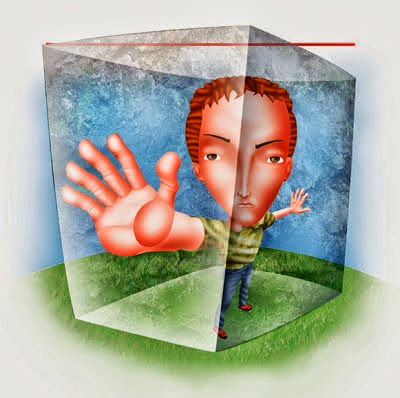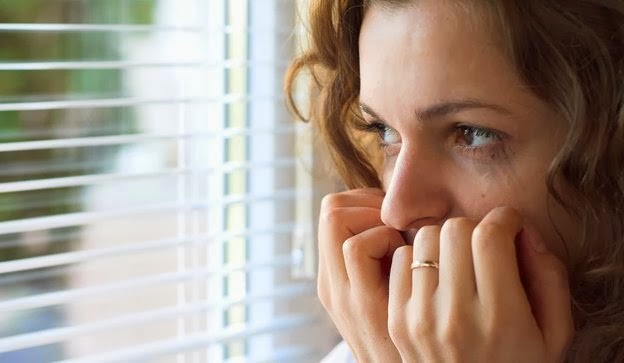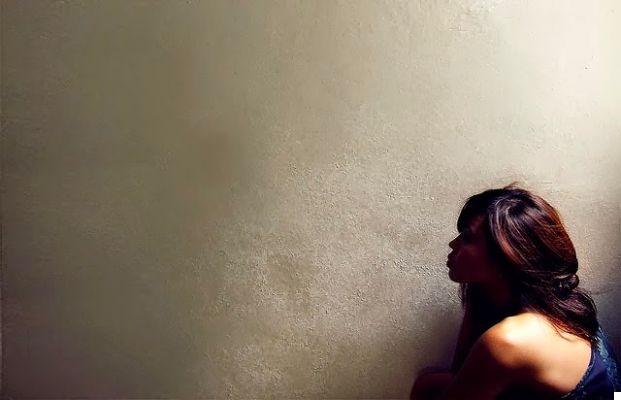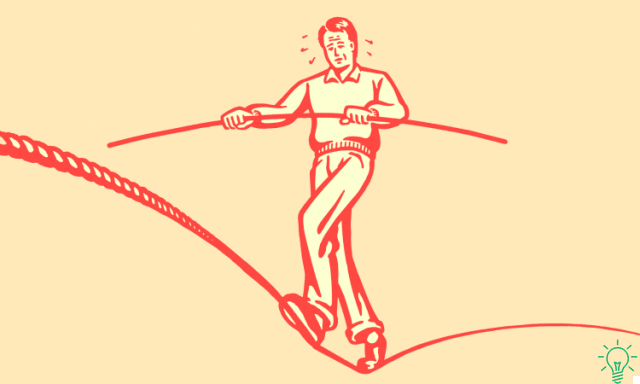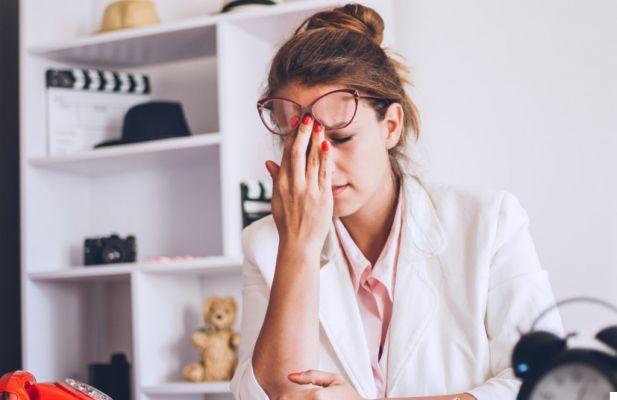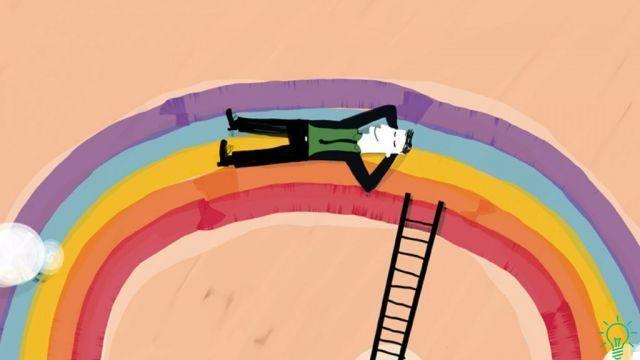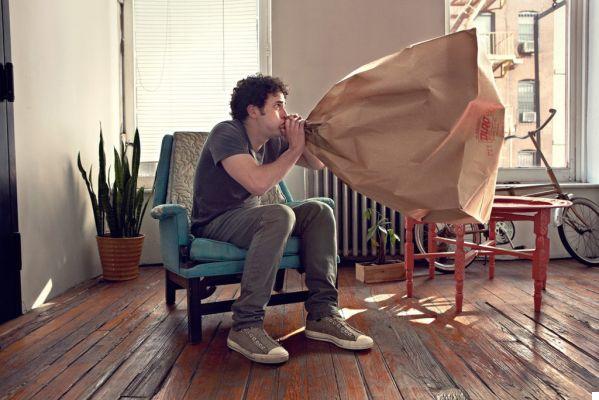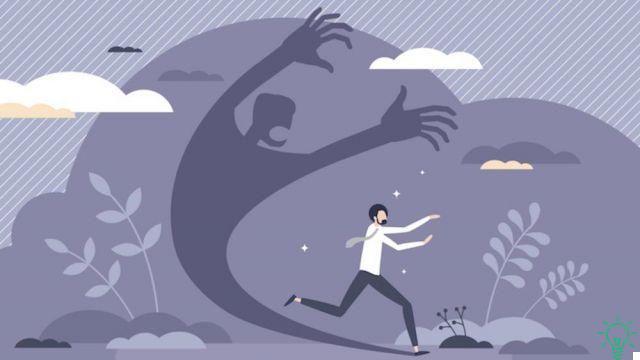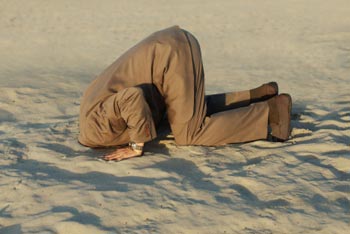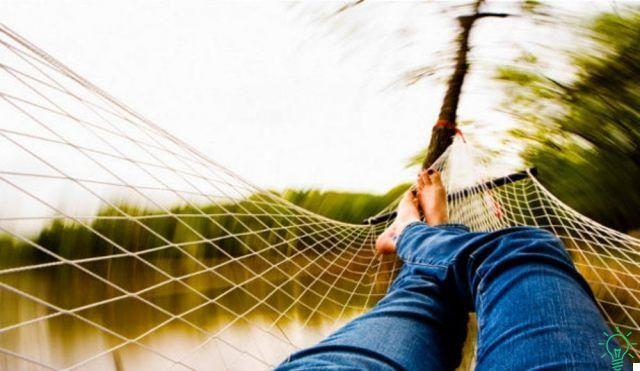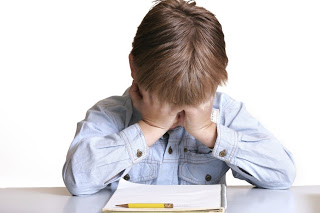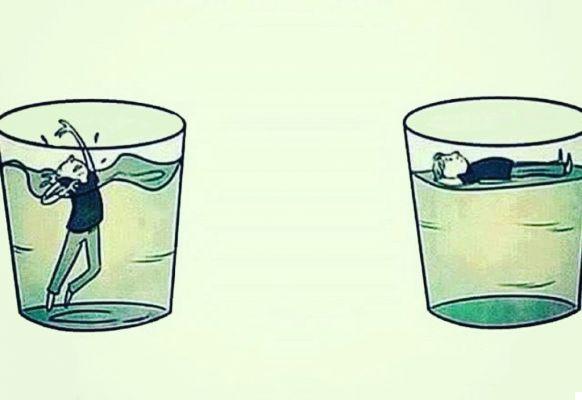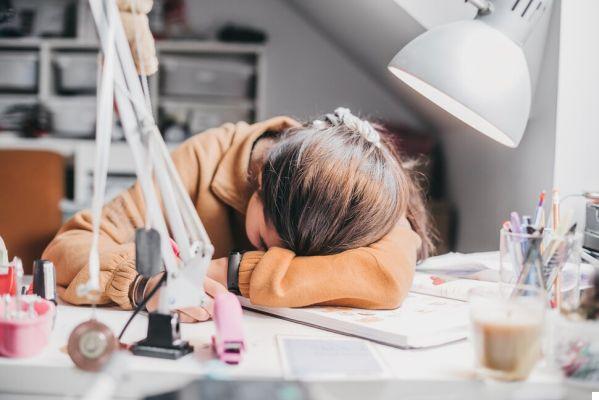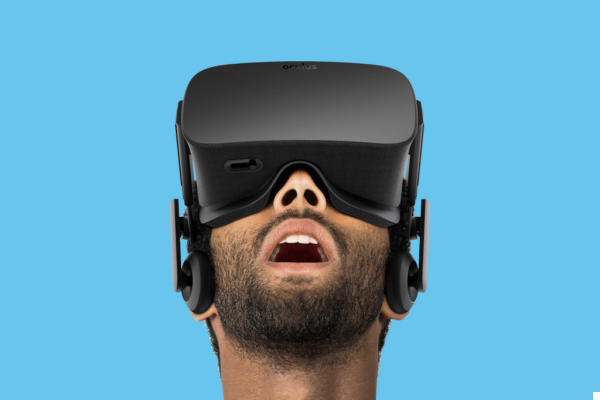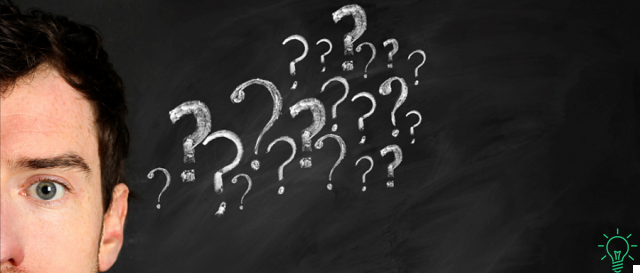
Deciding between different treatments for an illness, choosing the most suitable investment plan or choosing the most suitable career… Over the course of our lives we often make several important decisions that involve a certain degree of uncertainty and anxiety. Among the effects of anxiety there is also that it can affect our decision-making capacity. In fact, in many of these cases we ask for advice from close people to help us choose the most suitable path.
However, have you ever wondered what makes us more or less inclined to ask for advice? Have you ever wondered if the anxiety associated with major decisions can determine the path you choose?
Harvard Business School psychologists raised these questions and designed a series of experiments to analyze what impact anxiety has on the open-mindedness that leads us to accept advice and what the odds are that we will take bad advice when we are anxious.
First of all, we must start from the fact that there are three main factors that influence our receptivity to advice:
- The characteristics of the consultant, which include his experience and knowledge of the subject.
- The level of perception of the difficulty of the situation given that, as a general rule, the more complicated the decision, the more inclined we will be to ask for advice.
- The state of mind when we receive the advice.
However, the interesting thing is that in almost all areas we often tend to reject or minimize the advice we receive, except when we are anxious! When we experience a panic attack we are much more receptive to advice.
Anxiety, anger and self-confidence
To carry out their experiments, psychologists generated a very acute state of anxiety in people by making them listen to terrifying music, showing them pieces of action films or making them write
of a particularly stressful period of their life.
In the first experiment, participants had to look at a photo of a person and estimate their weight. They were told that if they answered correctly with a margin of error of 3 pounds more or more
less, they would receive a dollar for each correct answer.
After completing the initial task, some people induced a sense of anxiety while others relaxation. They would then have to complete a questionnaire that assessed their self-confidence, and then they would go back to asking them to re-estimate the body weight of the people in the photos. However, before showing them the pictures, they were asked if they would like to get advice from anyone before putting forward their hypothesis.
At this point it was observed that anxious people had less self-confidence and, consequently, 90% of them asked for advice, compared to 72% of those who were relaxed. Interestingly, anxious people were also more likely to follow their advice
were given.
In a second experiment, the researchers focused on the influence of anger since anxiety is characterized by a sense of uncertainty while anger is defined by a sense of
"certainty". The experiment followed the same procedure, except that anger was generated in some people. It goes without saying that the “angry” group was more likely to reject the help of a counselor and were less receptive to the advice he offered.
However, the researchers decided to go a step further: They wondered whether anxiety might affect our ability to discern between good and bad advice?
In essence, it was arranged for the advisors to offer some wrong advice to see if the participants were able to detect and avoid it. Thus it has been found that anxious people have even greater difficulty distinguishing between good and bad advice.
Researchers believe the explanation lies in the uncertainty and lack of confidence that generates anxiety. In light of these statements, it is normal to be more likely to ask for advice and also to be more likely to follow it, even if it is not the most appropriate. In fact, a previous study had already shown that anxiety causes us to jump to conclusions, as it affects our ability to examine details.
In short, if you feel anxious you do well to ask for advice, but think twice before making a decision, because you may not be able to discern which is the best path.






